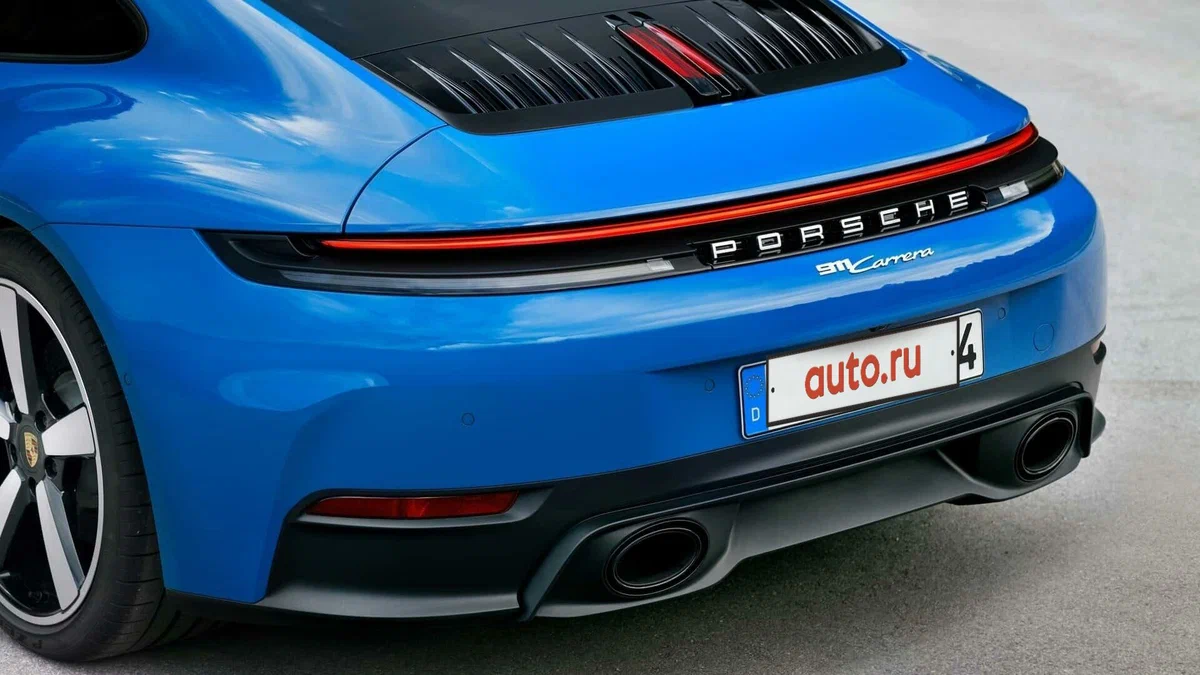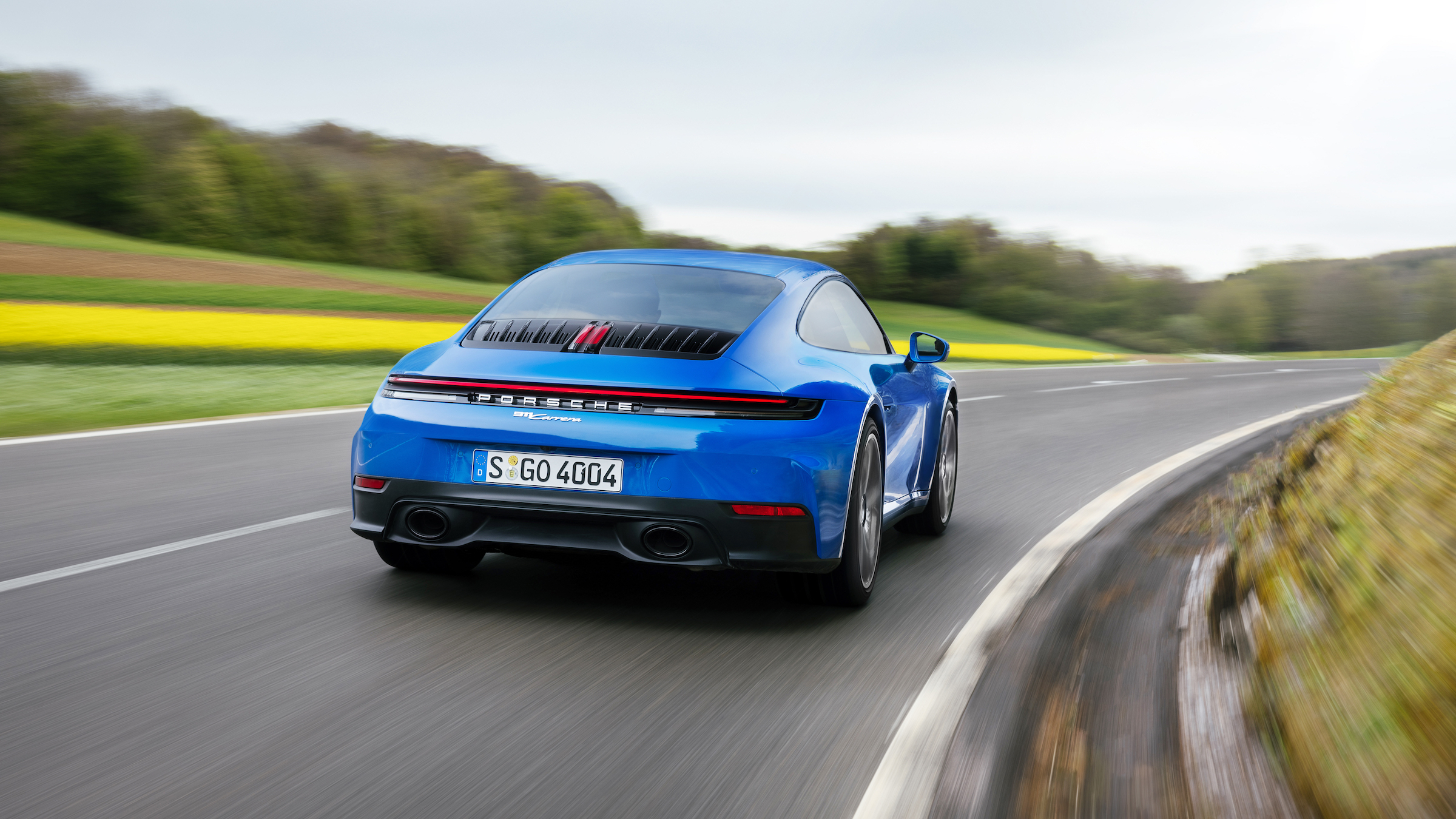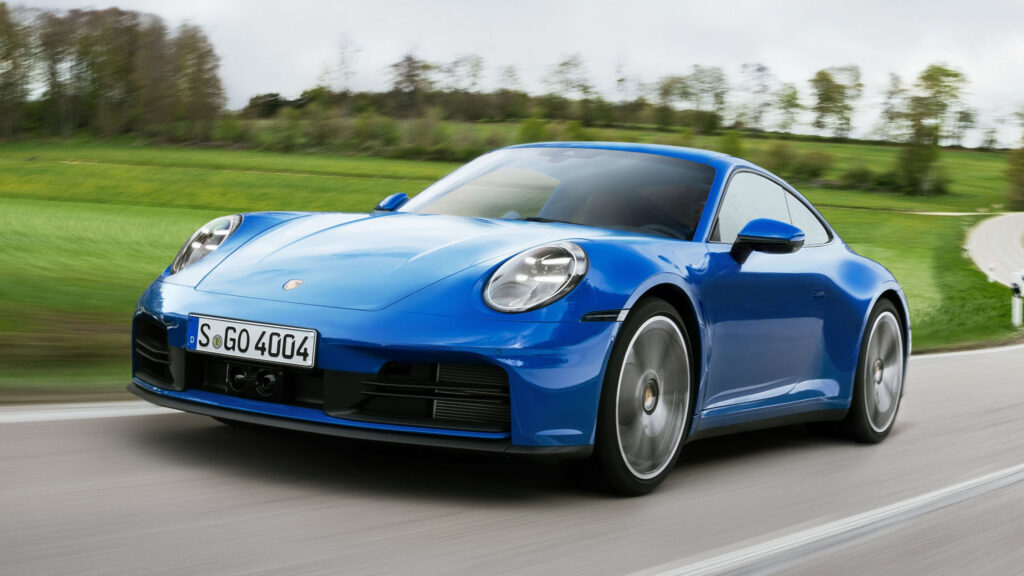Porsche, a brand synonymous with luxury, precision engineering, and high-performance vehicles, is embarking on a significant transformation with its “Porsche Strategy 2025.” This forward-thinking strategy outlines the direction the company plans to take in the coming years, focusing on key aspects such as electrification, sustainability, digitalization, and maintaining its legacy of driving performance. Here’s an in-depth look at what the strategy entails and how Porsche aims to stay at the forefront of the automotive industry.
1. Electrification: The Future of Mobility
At the heart of Porsche’s Strategy 2025 is a strong commitment to electrification. With the automotive industry shifting toward electric vehicles (EVs), Porsche aims to be a leader in this transition. The company plans to significantly expand its electric vehicle portfolio, offering more electric models across various segments.
The Taycan, Porsche’s first fully-electric sports sedan, marked a milestone for the brand and was well received in the market. Moving forward, Porsche aims to build upon this success with more EV models, including a fully electric Macan SUV, and further electrifying their iconic 911 sports car lineup.
By 2025, Porsche intends to ensure that around 50% of its global sales will come from fully electric vehicles, with a further emphasis on hybridization for models that remain in combustion engine formats. This aggressive push towards electrification is not just a response to regulatory pressures but also a vision to shape the future of performance cars in the electric age.
2. Sustainability: Commitment to the Planet
Porsche’s Strategy 2025 places a strong emphasis on sustainability, with a goal to be a leading force in reducing carbon emissions across its entire value chain. The company is working towards creating more sustainable production processes, from energy-efficient manufacturing plants to responsible sourcing of raw materials like lithium and cobalt, which are essential for electric vehicle batteries.
The brand is also focusing on extending the lifecycle of its vehicles through innovative recycling processes and reducing waste in its manufacturing operations. Porsche plans to achieve carbon-neutral production by 2030, and a part of this effort involves sourcing renewable energy for production facilities. This commitment to sustainability will not only enhance Porsche’s brand image but also meet the increasing demand from environmentally-conscious consumers.
3. Digitalization: Enhancing the Driving Experience
Digitalization is another critical pillar of Porsche’s Strategy 2025. As the automotive industry evolves, so too does the demand for digital services, connectivity, and advanced driving technologies. Porsche is enhancing its vehicles with state-of-the-art digital features, such as autonomous driving capabilities, AI-powered driving assistance systems, and connected car technologies.
The integration of artificial intelligence (AI) and cloud-based services will provide Porsche owners with personalized and real-time data, improving both the driving experience and vehicle maintenance. Furthermore, Porsche is focused on creating a seamless interface between the car and the driver, ensuring intuitive controls, smart infotainment systems, and connectivity with other digital ecosystems like smartphones and home networks.
The shift to digitalization also extends to Porsche’s business operations. The company is investing in digital platforms that enable better customer engagement, online sales, and virtual experiences. This digital strategy will ensure that Porsche stays ahead of the curve in a rapidly transforming market.

4. Performance Meets Innovation: The Soul of Porsche
Despite the push for electric cars and sustainability, Porsche remains steadfast in its commitment to delivering high-performance vehicles. The brand’s core identity is built around producing cars that offer unmatched driving dynamics, precision engineering, and thrill on the road. As Porsche moves toward electrification, the company will not compromise on performance.
The electric Porsche Taycan, for example, demonstrates how the brand has managed to blend electric mobility with the thrilling performance expected from a Porsche. With rapid acceleration, precise handling, and an exciting driving experience, the Taycan sets a high bar for future electric models. Going forward, Porsche plans to enhance its electric models with features such as faster charging times, longer battery ranges, and even higher levels of driving performance, making sure that their vehicles remain true to their legendary driving experience.
Porsche’s pursuit of innovation goes beyond just cars. The company is also pushing the envelope in motorsport, particularly in electric racing. The Porsche 99X Electric race car is competing in Formula E, showcasing Porsche’s expertise in electric motorsport and using the feedback from these races to improve the road-going EVs.
5. Global Expansion and Market Focus
Porsche’s Strategy 2025 also includes an expanded global presence, with a focus on markets such as China, Europe, and North America. China is particularly important as one of the world’s largest and most rapidly growing EV markets. Porsche plans to enhance its presence in this key market through localized production and tailored models for Chinese consumers.
The company is also expanding its luxury vehicle offerings, positioning itself not only as a premium car brand but also as a luxury lifestyle choice. This shift could see Porsche entering new vehicle segments such as SUVs, with more high-end offerings that cater to the needs of affluent customers around the world.
6. Collaborations and Strategic Partnerships
Porsche is also looking to strengthen its position by forming strategic partnerships with other companies. One such collaboration is with the Volkswagen Group, of which Porsche is a part. This alliance enables Porsche to benefit from shared research and development in areas like battery technology, autonomous driving, and mobility solutions. Porsche is also working with external companies to develop software solutions and to explore new business models around mobility, including subscription-based services and vehicle-sharing platforms.

Conclusion
Porsche’s Strategy 2025 reflects the brand’s commitment to embracing change while staying true to its performance roots. The focus on electrification, sustainability, digitalization, and innovation ensures that Porsche is not just keeping up with the times but is shaping the future of mobility. Whether it’s through cutting-edge electric vehicles, digital experiences, or maintaining the thrill of driving, Porsche’s strategy positions the brand to remain an iconic leader in the luxury automotive world for decades to come.
As we approach 2025 and beyond, Porsche’s transformation will be a testament to the company’s ability to evolve and lead in an ever-changing automotive landscape, setting the stage for a new era of performance, sustainability, and innovation.




Your comment is awaiting moderation.
you’re really a good webmaster. The site loading speed is amazing. It seems that you’re doing any unique trick. Furthermore, The contents are masterpiece. you have done a great job on this topic!